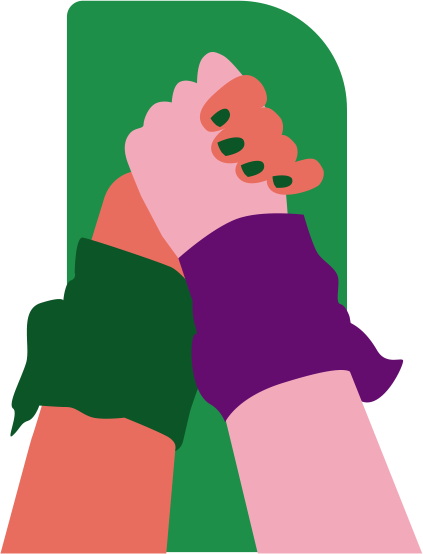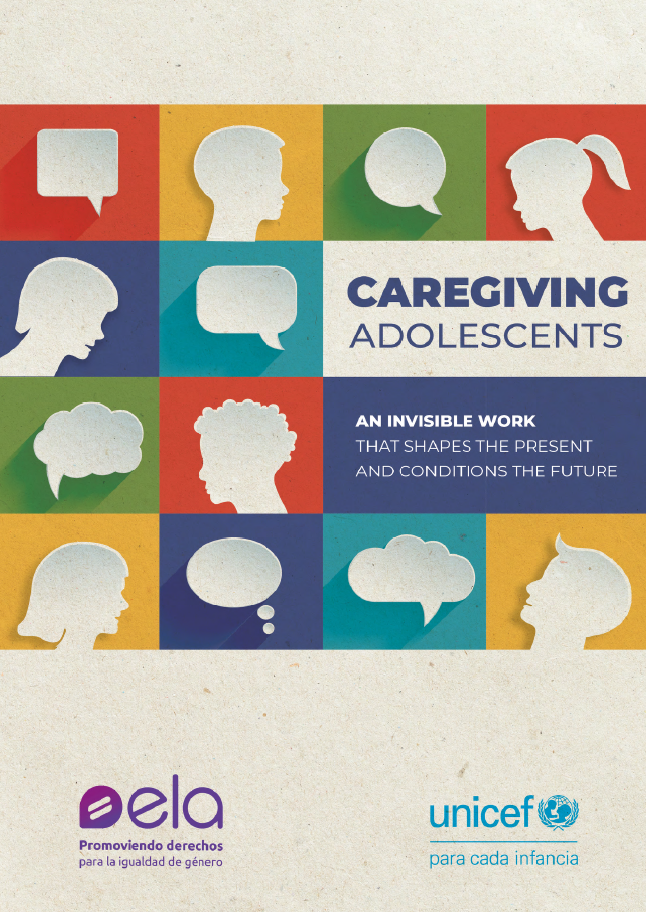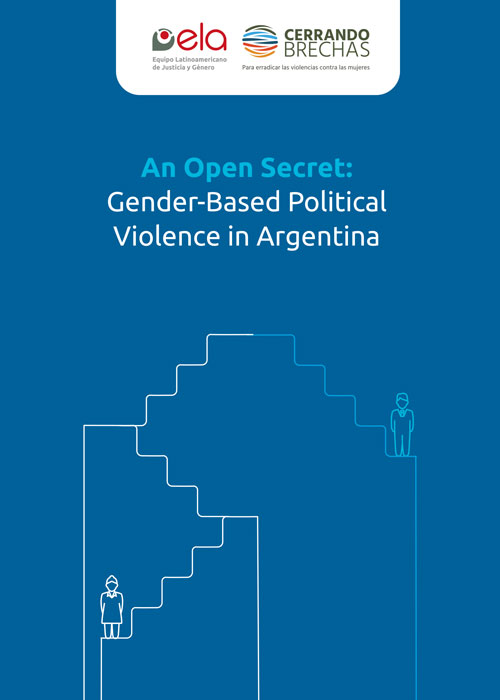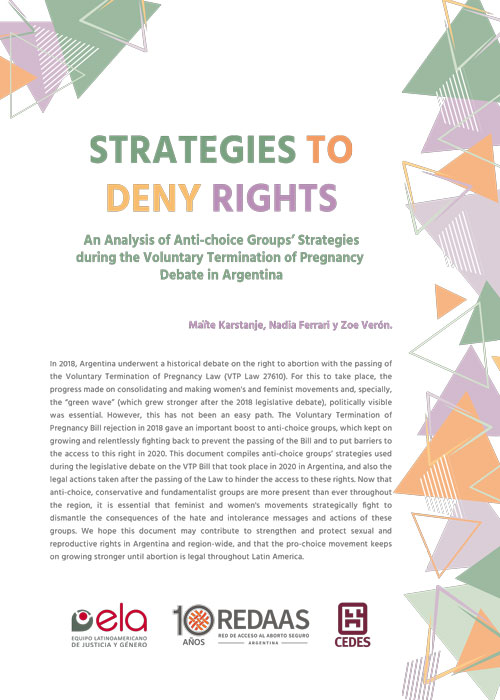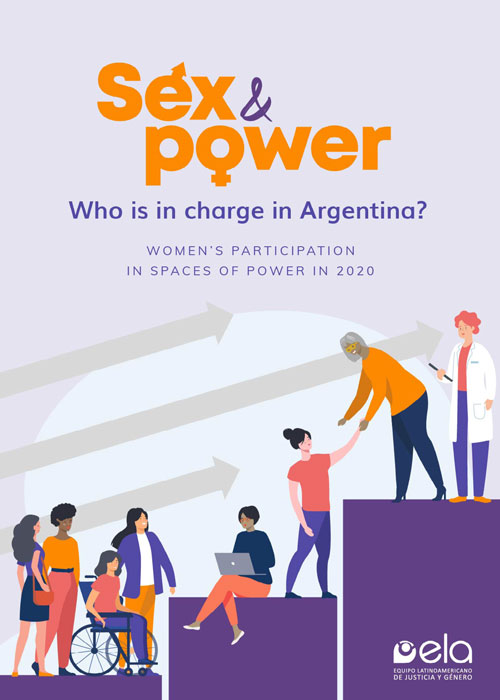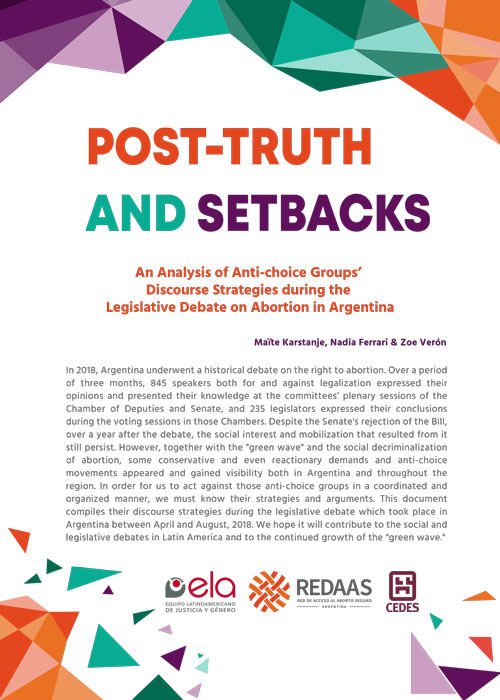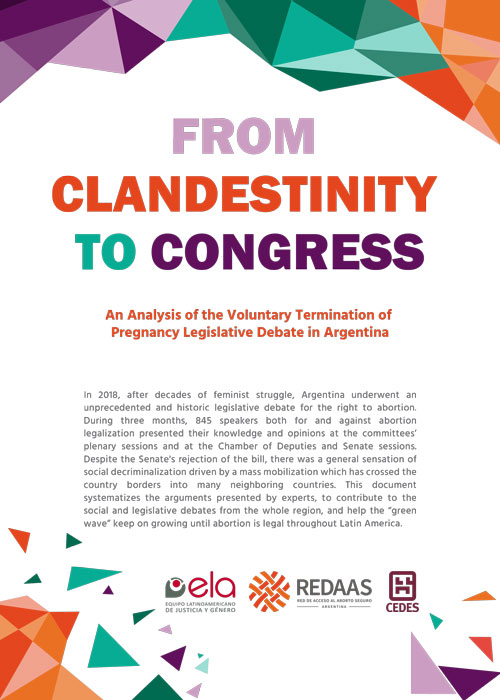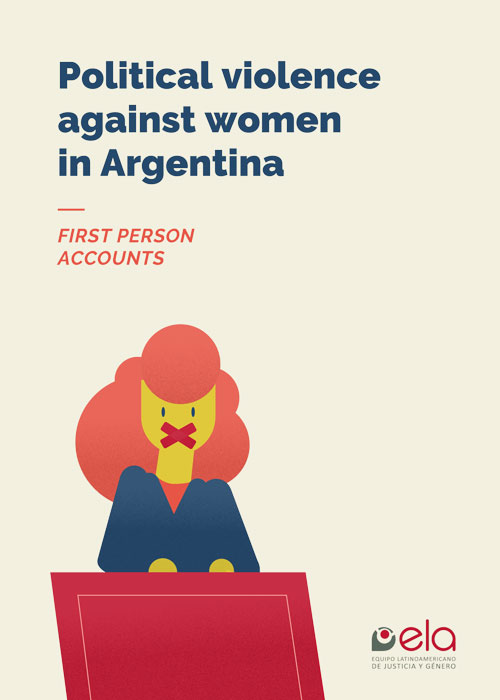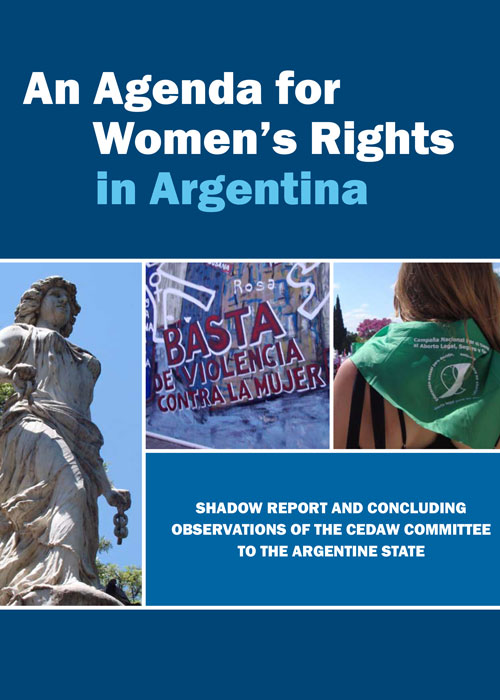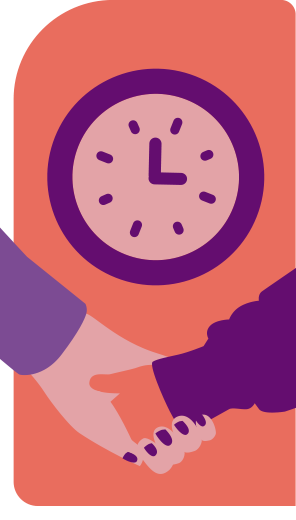
Work and care
At ELA we aspire for care to be socially organized in a fairer and more equitable way. That's why we work to:
- Incorporate a gender perspective into public standards and policies on care, understanding care as a human right.
- Influence the public agenda on care so that the needs of women, girls and adolescents in all their diversity are taken into account.
- Raise awareness and engage key actors - decision makers, companies, unions and families - to promote co-responsibility in care tasks and public conversations regarding discrimination and gender gaps in the labor market.
- Investing in care and closing gender gaps is investing in social welfare and betting on truly inclusive development.


